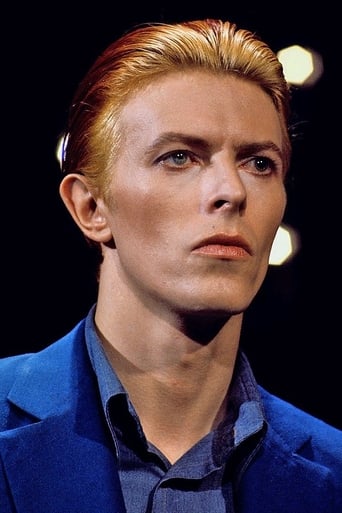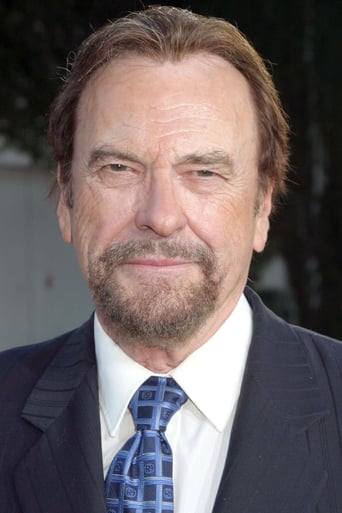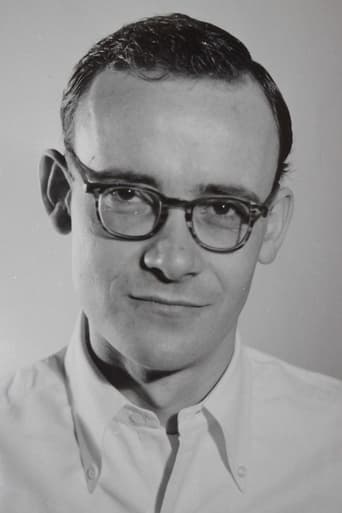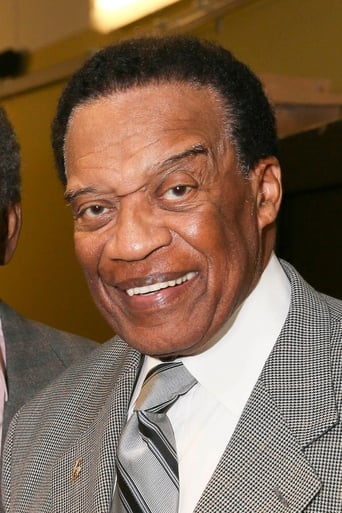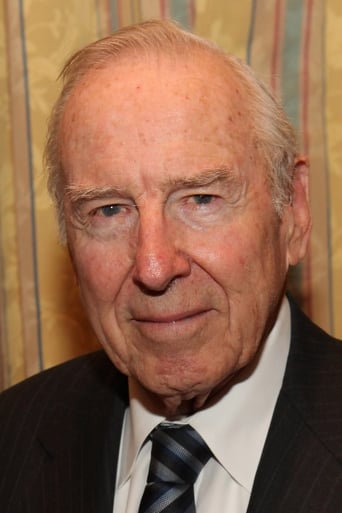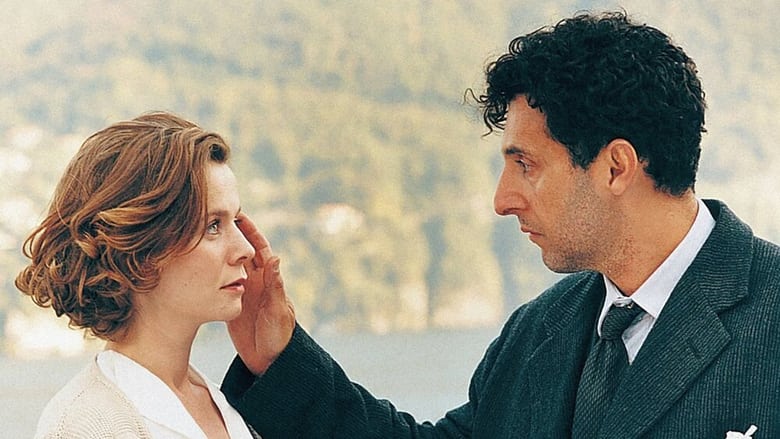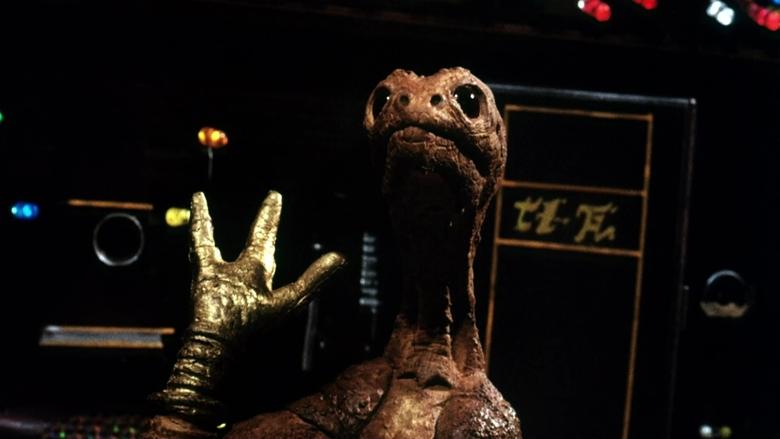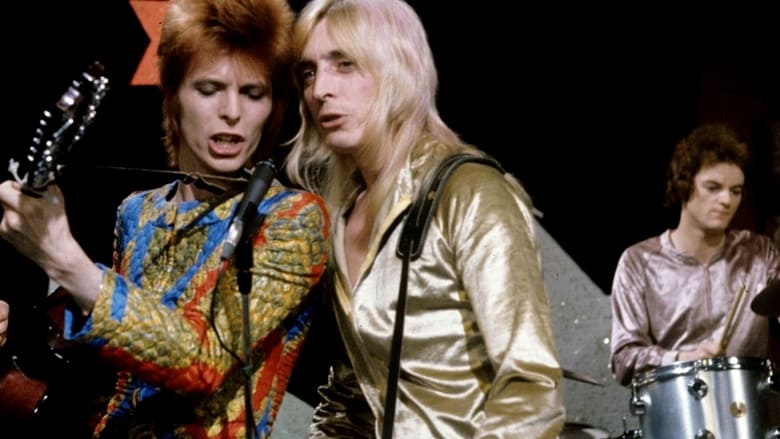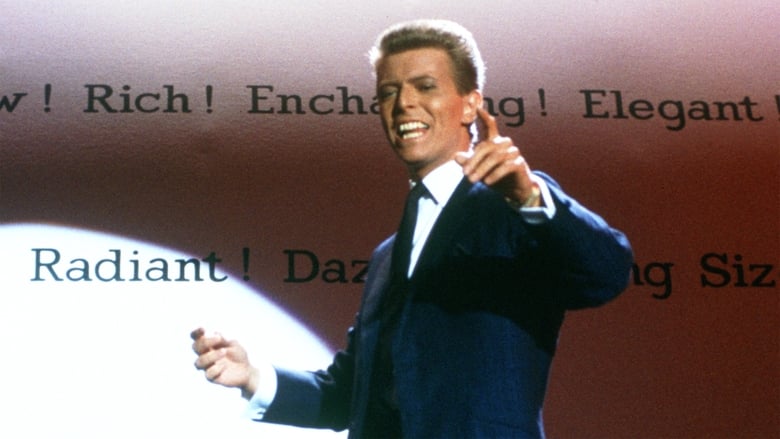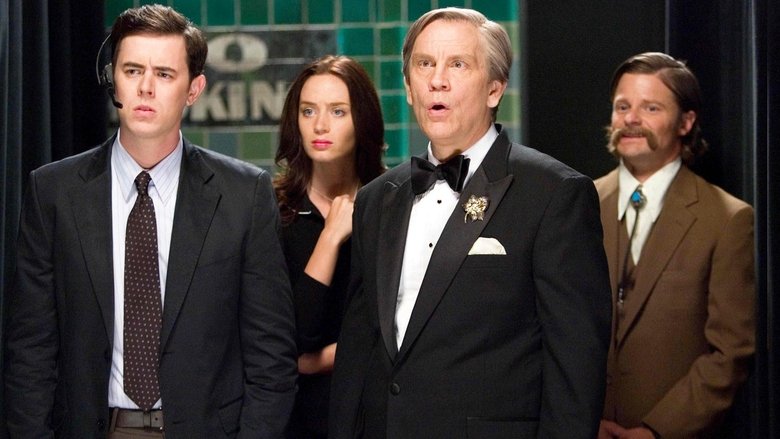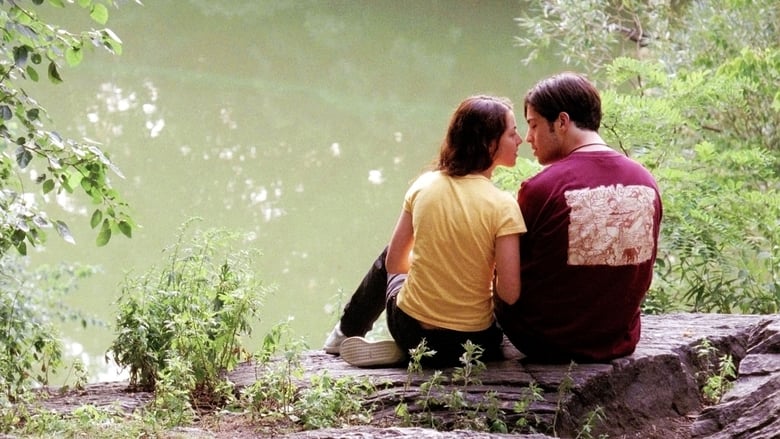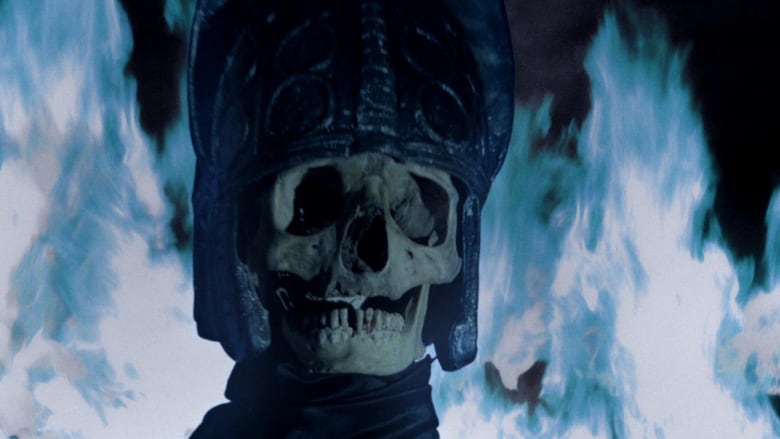Thomas Jerome Newton is an alien who has come to Earth in search of water to save his home planet. Aided by lawyer Oliver Farnsworth, Thomas uses his knowledge of advanced technology to create profitable inventions. While developing a method to transport water, Thomas meets Mary-Lou, a quiet hotel clerk, and begins to fall in love with her. Just as he is ready to leave Earth, Thomas is intercepted by the U.S. government, and his entire plan is threatened.


Similar titles
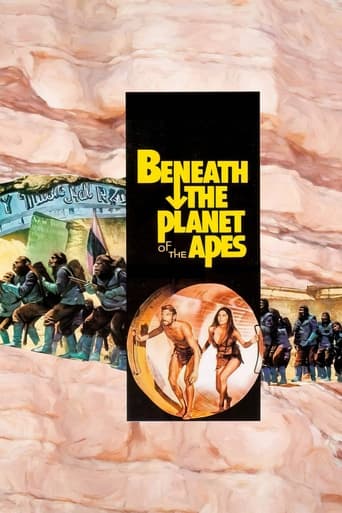
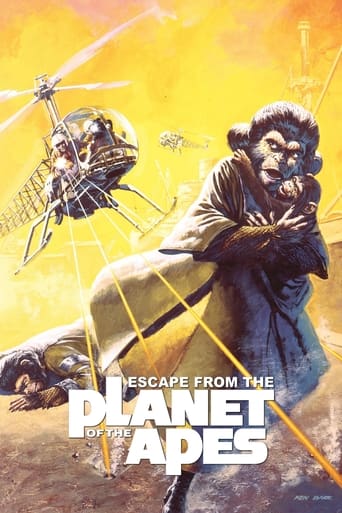
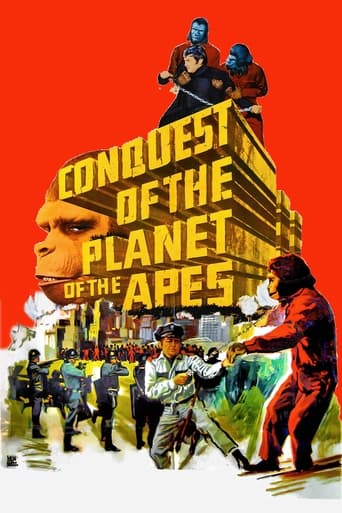
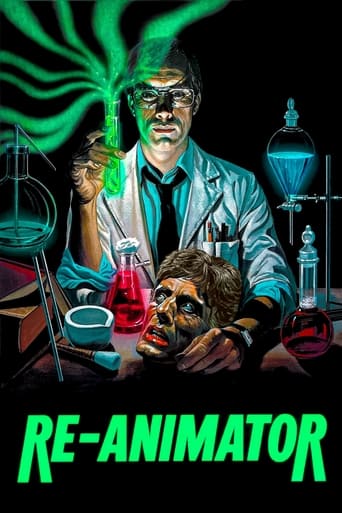
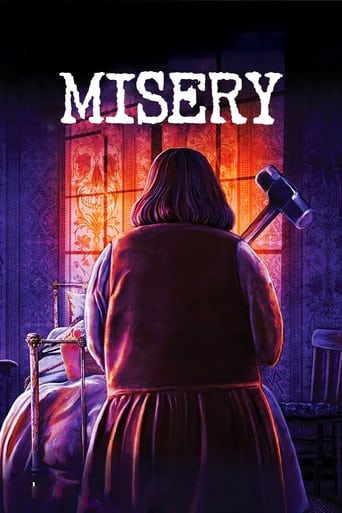
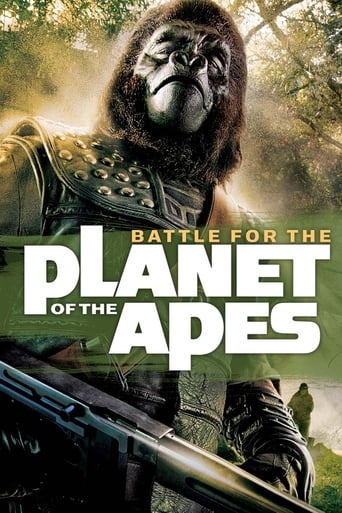
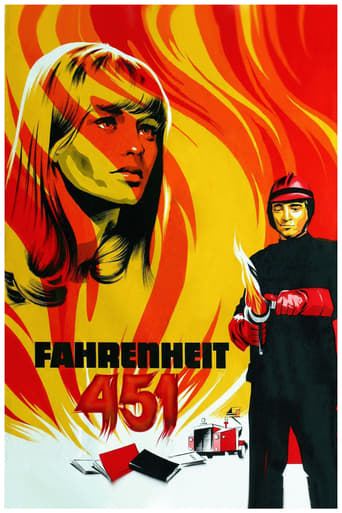

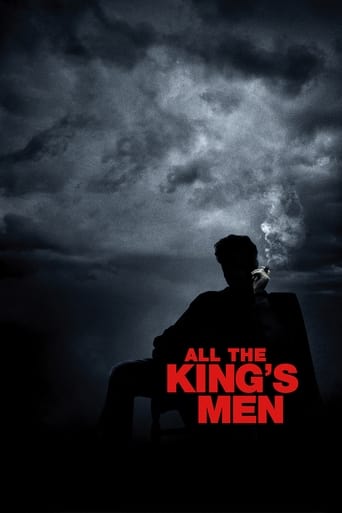

Reviews
As a Bowie (and SF) fan I had high expectations for this movie. I also read the novel, although I did not find it particularly memorable or inspiring, but hoped for an interesting on screen development. Unfortunately, I found it disappointing many years ago, as I did yesterday evening, when the movie was broadcast by BBC Two, to commemorate what would have been Bowie's 70 birthday.The non-linear plot follows Bowie as Thomas Jerome Newton, an alien dropped to earth to find water for his dying planet. Despite his superior scientific knowledge, Newton get corrupted by our bad earthlings way and his plan derails miserably.Among the many problems of the film, the biggest for me were: the poor development of the "alien" planet, of which we see only four inhabitants (Newton and his family); the narrative, which is a series of disconnected scenes following the slow deterioration of the Newton character and the annoying jumps in time. All the main characters grow older within 40 minutes, while Newton does not age a minute. This could be because he is an alien, but it certainly does not help to connect with what goes on.Besides, there is plenty of useless nudity and sex scenes. One of the main characters is a horny professor who sleeps around with his students. We get him canoodling with three different girls for no other reason than showing more of the same, when his character was well defined by the first sexual encounter. It is a very "cold" movie and I felt completely disconnected. Bowie conveyed alienation in an almost perfect way, but it is up to the viewer to decide if it is because of his acting skills or to the fact that he was going through the weirdest period of his life and was probably just being himself. Also, rumors of problems with Roeg and uneasiness on set might have contributed to the overall weirdness.
Roeg's imagery has never been more abruptly disconcerting than in The Man Who Fell to Earth. See how the camera flies erratically over the mountains, through clouds and then suddenly exploding into a lake, and how Bowie's profile straggles over the first hilltop like an alien finding his first bearings and adjusting to the new environment. The associative editing that explores this alien mindset has eagerly pushed this film into cult territory. Roeg's sex scenes, which always have a naked vulnerability about them, become thrilling and grotesque as Newton envisions his own species' mating habits. And the frequent, dreamy cross-cutting to his home-world have a tragic spareness to them - the vignetted, home-video filming style fills them with nostalgia. The soundtrack too, buzzes in and out of focus like a broken radio, channelling Newton's own conscious disorientation. Roeg's heightens each scene and its sensations to dizzying lengths - a key scene is the first unveiling of the space vehicle, where the camera sits in the car as it approaches the great big research facility and then through the tunnel. This is accompanied by frenzied harp glissandos as it passes through this modern breach and into the vehicle itself with its luminous spherical centre; it becomes something as mesmerising as the stargate sequence in 2001. A less subtle moment is the sexual reconciliation of an ageing, ravaged Mary-Lou and a near-comatose Newton, set to a loud, overbearing rock song. It becomes a flashy, banging montage, no doubt to compensate for the shallow nature of their intimacy, but it overplays its hand and loses any semblance of its ironic potency. Bowie is of course perfectly cast. It was actually the second time that Roeg had cast a prominent music star in one of his films - Mick Jagger in Performance portrayed a former rock star gone to seed, drugged up and sexually enticing, blurring the gender boundaries within the characterisations. And Bowie's androgynous qualities do a similar thing here, dulling the orgasmic power of the human's sexual activities, like he has never really caught on to the strange act. Early on, Roeg juxtaposes the sexual energy and excitement of Bryce's college conquests with Bowie's piercing, analytical glare. There's a strange, sad irony here - he has amassed a fortune worth hundreds of millions, but his grasp of the human form and mind still infant-like, mimicking as he learns and stumbling into vices. Some might call such a film style over substance, a term I loathe. But the criticisms do have some weight behind them - there's a few tangents that are still confusing to this day, although no doubt a read of the source material could clear things up. Most frustrating is Roeg's lack of engagement with the theme despite his hypnotising visuals; Bowie's performance subscribes to less is more, and although his POV is distorted and snake-like like his true form, there's little to engage with beneath the surface. Roeg touches lightly on ideas that would be interesting from an alien perspective, but never expands on them. Bowie sings meekly in a church while Mary-Lou beams at him, and quickly falls into the vice of mainstream television and alcohol. Well, there's nothing too interesting about that. Millions of people are stuck in the same way.
I have recently seen the director's cut of this film on a large screen in a private cinema in London. It has never been released to the public and it contains 20 minutes of footage which was cut from the released version. It thus runs for two hours and 19 minutes instead of one hour and 59 minutes. The extra footage largely consists of raunchy and highly explicit sex scenes where the actors are mostly completely naked. For those many people I have known over the years who told me they wondered whether David Bowie might perhaps have been so androgynous that he lacked the necessary masculine equipment, I can now give assurance that he did indeed have a male member, having seen the proof up there on the screen. So at least that mystery is now solved. (None of the sex scenes was really necessary, and they all appear to have been a personal indulgence of the director.) This film, or at least the publicly released version of it, is now being seen again far and wide, as we look back in retrospect at the extraordinary phenomenon which was David Bowie. I am reliably assured that the film was screened last month in Greece at the Naxos Film Club, and as the expatriates in Naxos are so near unto Olympus, Zeus shall doubtless shortly be making his arrangements to elevate Bowie to the status of 'Hero', compete with his own cult (which in any case already exists). Another point to make is that this film would never have been made without the determined efforts of David Cammell. He is credited only with 'initial development' but he persuaded Nick Roeg to direct the film and he and Nick jointly chose David Bowie for the lead, which frankly 'made' the film. Cammell should really have had a co-producer credit, but that's the film business for you. (Moral: don't always believe screen credits.) As for Bowie, he was always obsessed with black magic, Aleister Crowley, and a superficial and distorted form of Kabbalah. He was no occult scholar, but he was an excellent occult poseur. In 1972, four years before this film was released, Bowie invented and 'became' the persona Ziggy Stardust, who was essentially an androgynous extraterrestrial who fell to Earth. So I am wondering about the true genesis of this film's concept, frankly. In 1969 my wife and I attended a Royal Command Performance at the London Palladium in which Bowie appeared. After boring us with a song about a young man accused of crime, Bowie then marshalled full-screen NASA special effects of a space capsule behind him and electrified us all with his song 'Major Tom'. The song was released a few days before an Apollo mission reached the Moon, so Bowie had judged the Zeitgeist perfectly. The performance was very upbeat and optimistic and became part of the hope that we all had back then of humanity's future in space. However, in later years, Bowie descended into a gloom and pessimism which would last the rest of his life, and his heavy cocaine addiction in the 1970s certainly did not help his mental state. Whatever one thinks one him, and I am not an admirer of his, one has to admit that he was extremely talented and imaginative, and of course he was a genuine 'weirdo', unlike anyone else. If being uniquely strange is an achievement, then he succeeded in that. I do not generally approve of the narcissistic pop stars who sweep silly people up into the vortices of their self-love like dust sucked into a tornado. I was horrified at the mass-glorification of Bowie by the media at his death. Even the quality newspapers carried pages and pages of adulation about him, as if the monarch had died or a god had returned to heaven. It made me utterly disgusted. Have we sunk so low that we are required to worship mere singers? I suppose it was just another manifestation of what had earlier come out as Elvis-mania, succeeded by Beatle-mania, Rolling Stones mania, and then all the other pop manias which shrieking 14 year-old girls propagate like waves through society. And that is clearly how shallow we are now. Now as to the film itself. Although the film is 'very seventies', there is nothing wrong in that. That's called patina. In my opinion, the film is amazingly brilliant. It is an example of Nick Roeg gone to the limit, and then some. David Bowie is completely convincing as the lone extraterrestrial who has 'fallen to earth' from another world, perhaps because he really believed it. In the story he has left behind his wife and children in a world dying of drought. We see them looking weird and wan in a dry and desolate desert far away in space. Eventually, they lie dead in the sand. He cannot return to them. Candy Clark is brilliant as a simple-minded hotel worker who becomes Bowie's mistress, and her performance is spectacular, ranging as if does over many years and many personality and mood changes. An unscrupulous rogue of an associate of Bowie's in business is well played by Rip Torn. Both Clark and Torn were perfectly cast. Bowie introduces extraterrestrial technology into Earth industry and becomes immensely rich, though he achieves no happiness. This theme played to the widespread rumours in the 1970s that extraterrestrial technology reverse-engineered from crashed UFOs (such as those claimed at Roswell) had been fed into the American military-industrial complex, resulting decades later in such things as military drones and stealth aircraft. In the film, we see this kind of injected extraterrestrial technology acted out on the screen in a casual and matter-of-fact manner by the world-weary and by now decadent Bowie, who like an Amazonian tribesman has no tolerance of alcohol, and is encouraged by his unscrupulous business associates to take up regular heavy drinking.
In "The Man Who Fell to Earth", the film itself is really 1970s America, as projected into an alien visitor. We can see what the country is by what living there does to this naive and gentle person. David Bowie and the film are uniquely suited to each other; the film has a strong essence and it is quite memorable. I have to say, though, "The Man Who Fell to Earth", is more for people that are up for a film challenging them rather than entertaining them. The US portrayed is not nice, it is garishly futuristic and dated, subtly domineering and hostile. The vibe is uneasy, desperate and despairing (and yet the grace of Bowie takes a bit of the sting off). There is a lot in it that takes a bit of questioning to figure out, the type of film you want to go into ready to exercise your wits and/or watch more than once. Recommended mainly to those interested in society and culture (and, of course, Bowie fans).


